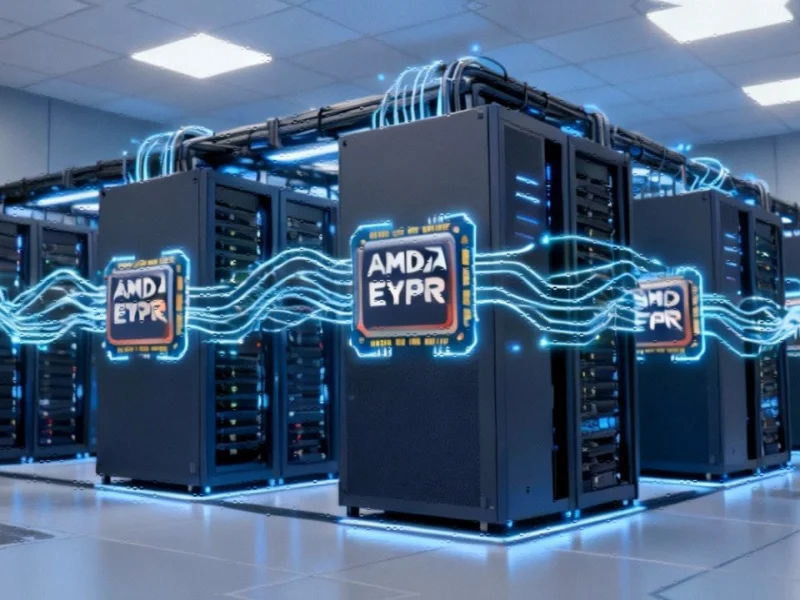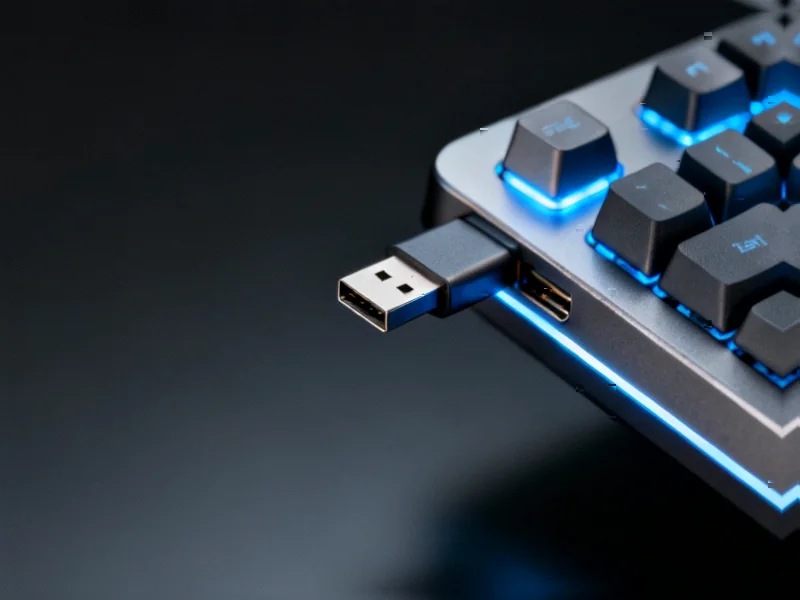Opera’s Next-Generation Research Agent
Opera is set to transform how users conduct complex research with the introduction of ODRA (Opera Deep Research Agent) to its Neon browser. This sophisticated AI agent represents a significant evolution beyond traditional search functionality, positioning Opera as a serious contender in the AI-powered browser market. The development comes as part of Opera’s broader strategy to integrate advanced artificial intelligence capabilities directly into the browsing experience.
Beyond Conventional Search: How ODRA Works
Unlike standard web search or basic AI queries, ODRA employs a sophisticated multi-source verification system that creates customized research reports over extended periods. According to Opera’s Monika Kurczyńska, “For more than two years we’ve been developing our AI engine and creating various AI solutions in our browsers. We know that you expect a lot from the responses you get from your AI agents, and that’s why we’re bringing ODRA into Opera Neon.” This approach addresses the growing complexity of user queries that require more than surface-level information.
The technology’s impressive performance was demonstrated through the DeepResearch Bench test, where it was only slightly outperformed by Google Gemini 2.5 Pro Deep Research. This competitive showing against established tech giants highlights the significant advancements in AI research capabilities that Opera has achieved. The success stems from ODRA’s unique server-side parallel processing architecture, which divides complex problems into smaller tasks handled by separate AI “researchers” working concurrently.
Integration and User Experience
ODRA will initially be accessible through Neon’s Omnibox alongside existing Chat, Do, and Make agents, but operates with distinct functionality. The agent may request additional information from users before proceeding with research tasks, creating an interactive research process. Deep research operations typically require 15 to 20 minutes to complete, after which users receive comprehensive research documents or reports within the AI chat interface.
This development reflects broader industry developments in computational processing and AI integration. The parallel processing approach particularly resonates with recent technology trends in distributed computing and task optimization.
Technical Architecture and Competitive Positioning
ODRA’s server-side parallelization represents a significant technical achievement in AI research automation. By decomposing complex queries into manageable sub-tasks and deploying specialized AI researchers for each component, Opera has created a system capable of handling sophisticated research demands that would typically require human intervention. This approach to related innovations in computational efficiency demonstrates how browser technology is evolving beyond simple information retrieval.
The timing of ODRA’s introduction coincides with other significant market trends in interface technology and user experience design. As browsers become increasingly sophisticated platforms for complex tasks, the distinction between browsing and dedicated research tools continues to blur. This evolution reflects the ongoing transformation in how users interact with digital information and the growing expectation for industry developments in automated intelligence systems.
Industry Context and Future Implications
Opera’s development of ODRA occurs within a broader context of browser innovation and AI integration. As noted in coverage of recent technology debates, the industry continues to grapple with balancing advanced functionality with user accessibility. ODRA’s approach to complex research tasks represents a meaningful step toward making sophisticated AI capabilities accessible to mainstream users without requiring specialized technical knowledge.
According to detailed analysis from industry experts, Opera’s agent-based approach could establish new standards for how browsers handle complex information tasks. The company has indicated that ODRA will become available to Neon users “very soon,” though specific rollout timelines remain undisclosed.
Broader Impact on Computational Research
The introduction of ODRA signals a shift in how browsers are positioned within the technology ecosystem. Rather than serving merely as gateways to web content, modern browsers like Opera Neon are evolving into comprehensive computational platforms. This transformation has implications for everything from academic research to business intelligence, potentially democratizing access to sophisticated research capabilities that were previously available only through specialized software or services.
As browser-based AI agents become increasingly capable, they may reshape how users approach information gathering and analysis across multiple domains. Opera’s parallel processing approach particularly highlights how distributed computing principles can be applied to enhance user-facing applications, creating new possibilities for real-time, complex problem-solving within standard browsing environments.
This article aggregates information from publicly available sources. All trademarks and copyrights belong to their respective owners.
Note: Featured image is for illustrative purposes only and does not represent any specific product, service, or entity mentioned in this article.



